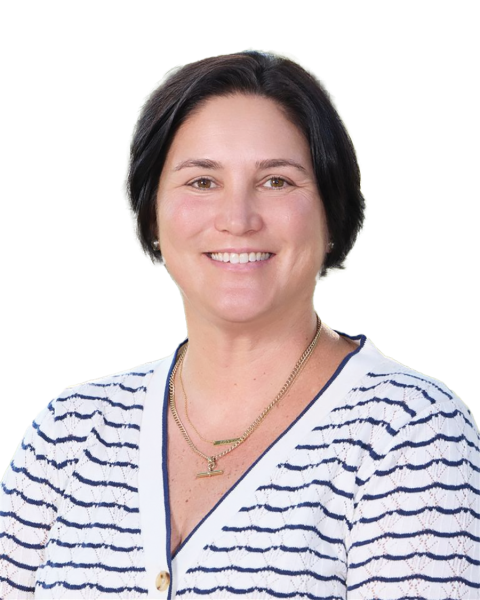New grading practice emphasizes students’ learning, growth
October 12, 2020
The new grading practice in response to changes brought on by COVID-19 is built on a foundation of three pillars: grades are based on demonstrated learning; grades are representative of your own learning; and grades are representative of learning and growth.
Teachers and administrators including Head of Upper School Lisa Culbertson came together during the summer to craft the guidelines. The learning rhythm applied to classes this year is introduction, instruction, practice and performance.
“If every class was on the same pattern, it would just be more predictable for you as a student,” Culbertson said. “We wanted to
add that predictability to your lives, especially if we don’t know if we’re going to be distant or in person and when that’s going to be all the time.”
The teachers divided into three teams- operations, extracurriculars and academics- to figure out the plans for school in the fall.
“Nothing changed in terms of grading policy, which is what is in our handbook,” Culbertson said. “The work that we did this summer was to articulate our practice of how we get to that grade.”
The team read books on grading practices including “Neuroteach,” “On the Mark” and “Grading for Equity”to learn about the sociological and psychological impact of grading.
“We looked at how this was going
to affect students not just at Hockaday but beyond, like in college,” Culbertson said. “We looked at the mental health piece of it and how we are trying to improve learning from the neurological perspective.”
The goal of the new system is for students to be comfortable with the material and that their understanding is reflected in the grade. The practice also takes into account the different learning styles. It also removes late penalties and extra credit points.
“We really wanted to have a grading practice which was flexible and reflective of what is happening right now in education,” Culbertson said, “so COVID-19 in some ways was the real big shove that we needed to do the work that we’ve
already been talking about for many years.” Every department head was represented in the academic team, so although implementation may vary, the fundamental pillars will remain constant, allowing students the opportunity to show learning improvement.
“I hope that this actually decreases that stress that students feel around grades and I also hope that it decreases cheating and feeling the need to cheat because you can just do it again later,” Culbertson said. “I’m hoping that our negative go-tos will decrease and that this will actually benefit the student in a different way, increasing the quality of mental health.”
Instead of students wishing that they had scored one more point, Culbertson said she wished the conversation would be about understanding the material better.
“I’m hoping that this new practice reignites our love for learning because the whole goal of this is to get that internal motivation to learn as opposed to striving for a grade, so I’m hoping that it has a positive impact on us,” Culbertson said.









